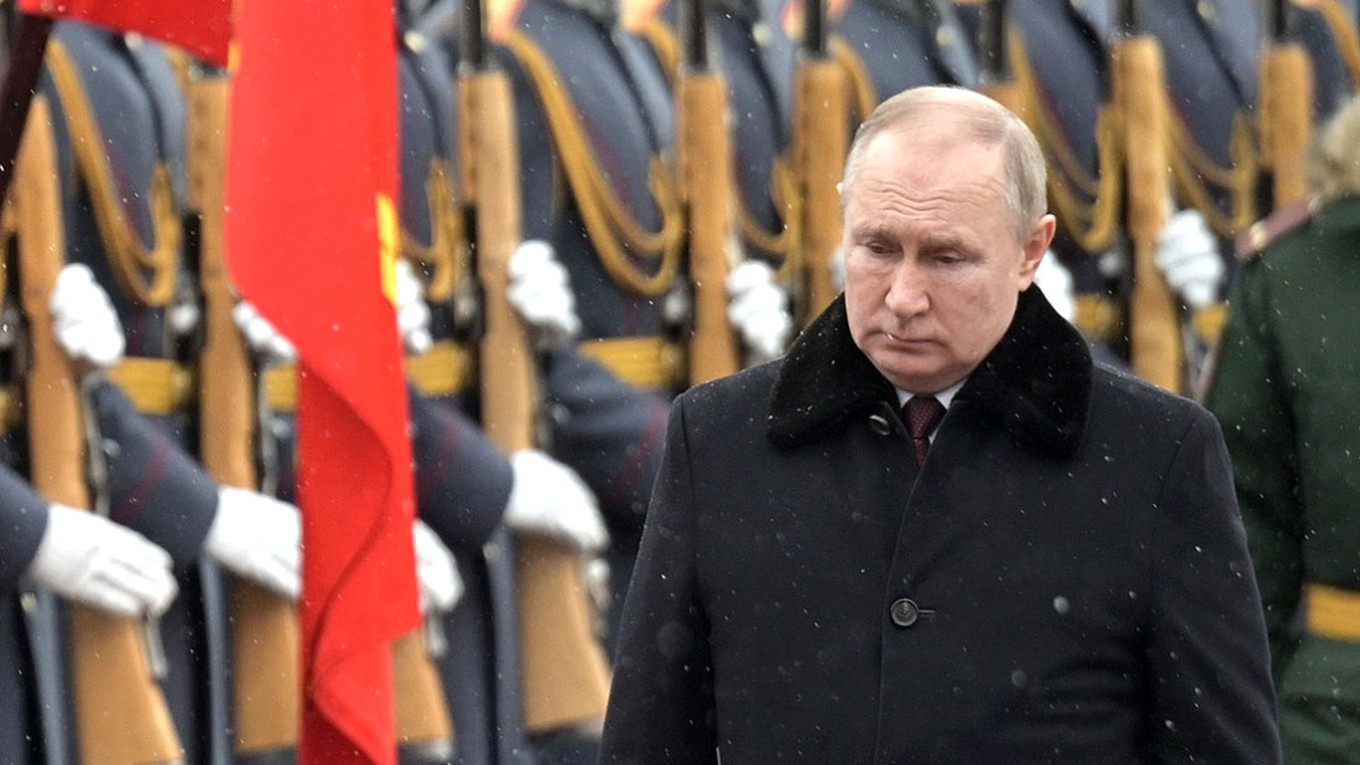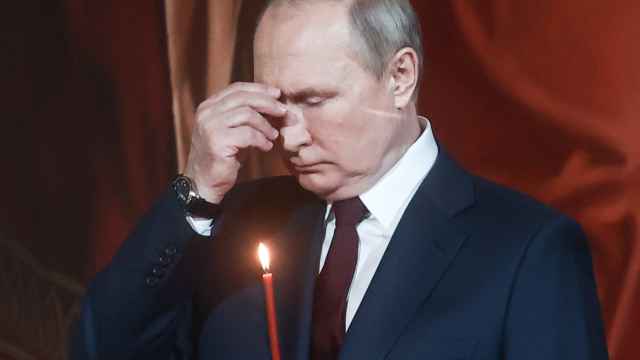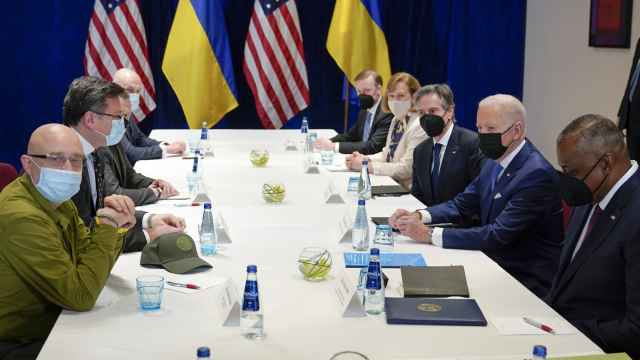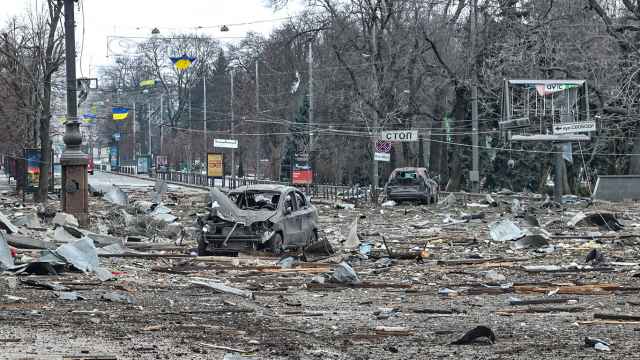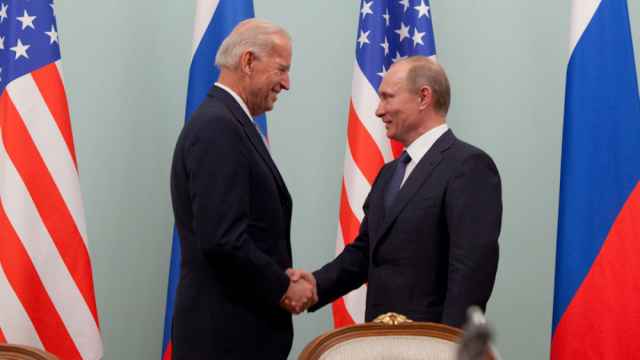Genocide, nuclear ambitions, neo-Nazis: the Russian president's incendiary rhetoric this week against Ukraine and its leaders has portrayed them as diabolical, fanatical and intent on harming Russia.
Many of the outrageous claims were contained in a televised address Vladimir Putin gave on Monday in which he recognized two separatist regions of eastern Ukraine, setting off alarm bells around the world.
Here are some of the key claims Putin has made:
Genocide
This unfounded accusation has been appearing more and more in Russian public discourse since December as, according to Western sources, some 150,000 Russian soldiers set up camp on Ukraine's borders.
Putin claims Ukraine wants to exterminate Russian speakers in the east of the country.
In his speech on Monday, which veered between the threatening and the professorial, Putin questioned Ukraine's right to exist and accused its government of being a "neo-Nazi" regime supported by the West.
Visibly angry, he accused the West of "closing its eyes... to the genocide that 4 million people are suffering" — a reference to the mostly Russian-speaking population of eastern Ukraine.
The conflict in eastern Ukraine has claimed more than 14,000 lives since it broke out in 2014 but the casualties have been on both sides.
Russian is still widely spoken in Ukraine and the government has not banned it, as Putin has claimed.
But Kyiv has adopted a law making Ukrainian mandatory in government offices and the media — a text criticized by international non-governmental organizations.
In its defense, Kyiv has said the country was forcibly Russified during the Soviet era and has been suffering Russian aggression for eight years, including with the 2014 annexation of Crimea.
Nuclear ambitions
This is the most recent accusation against Ukraine, which was first put forward on Monday by Defense Minister Sergei Shoigu when he said that Kyiv was planning to acquire nuclear weapons.
The Russian president repeated the claim in his speech on Monday and went into greater detail at a news conference on Tuesday.
Thanks to its Soviet heritage, he said of Ukraine that "the only thing they are missing is a system for enriching uranium but this is only a technical question and not an insoluble problem."
Kyiv can, he said, develop nuclear weapons and increase the range of its missiles to 500 kilometers (310 miles).
"Moscow would be in the destruction zone. For us, this is a strategic threat," Putin said.
Ukraine has never spoken of any nuclear ambitions.
Its president has, however, referred to a 1994 agreement on nuclear weapons called the Budapest Memorandum, saying it appears obsolete.
The memorandum foresees the respect of Ukraine's territorial integrity by Russia in exchange for Kyiv abandoning its Soviet-era nuclear arsenal.
Zelensky has called for consultations with Moscow, adding that "if they do not take place or if their result does not guarantee the security of our country, Ukraine will have the right to consider the Budapest Memorandum as no longer functional."
In many ways this is already the case.
Moscow has annexed Crimea from Ukraine and this week recognized as independent two regions in eastern Ukraine whose separatist ambitions it has been supporting for the past eight years.
NATO and all-out war
For several weeks, Putin has been repeating the catastrophic scenario of all-out war in order to justify the "security guarantees" demanded by Russia — no NATO expansion to Ukraine and the withdrawal of additional NATO forces sent to eastern members of the alliance.
His reasoning is that if Ukraine does join NATO as it wants to do and if it then tries to take back Crimea, this would lead to a direct confrontation between nuclear powers — Russia and the West.
This week, Putin also accused NATO and the United States in particular of using regular military drills in Ukraine as a "cover for rapidly deploying NATO military units into Ukrainian territory."
NATO members have defended Ukraine's ambition to join the Western military alliance but have said that membership is not on the cards for now.


